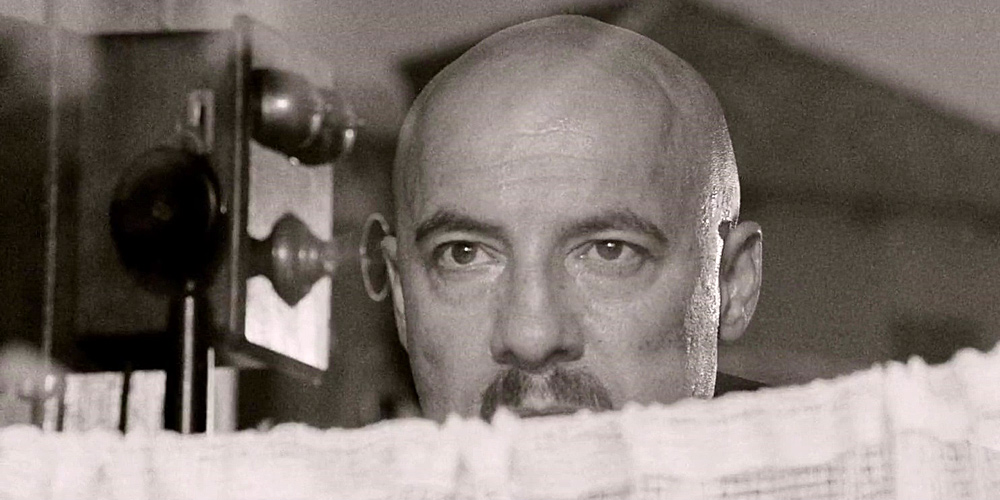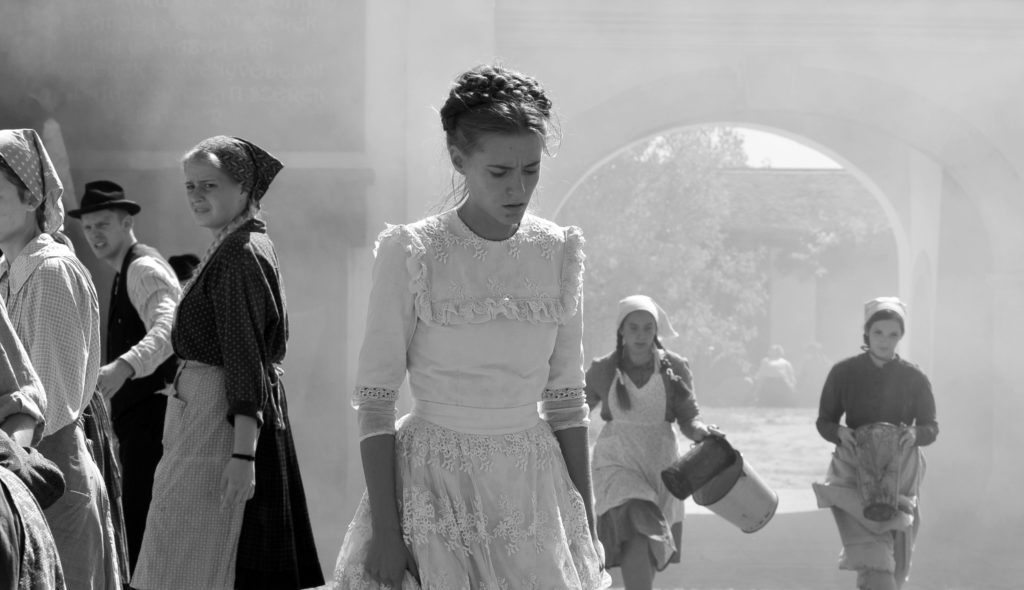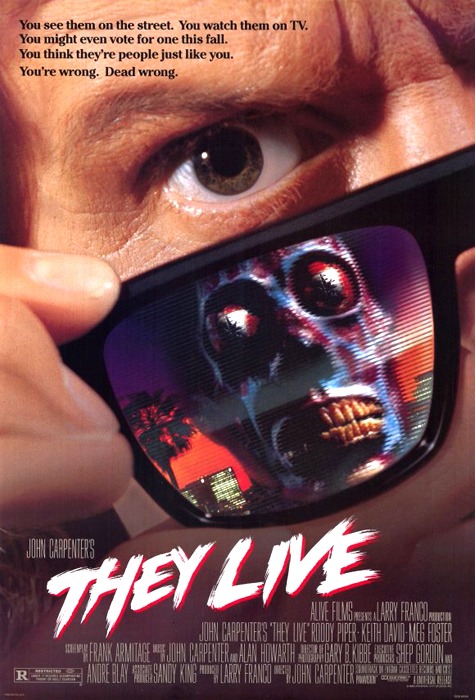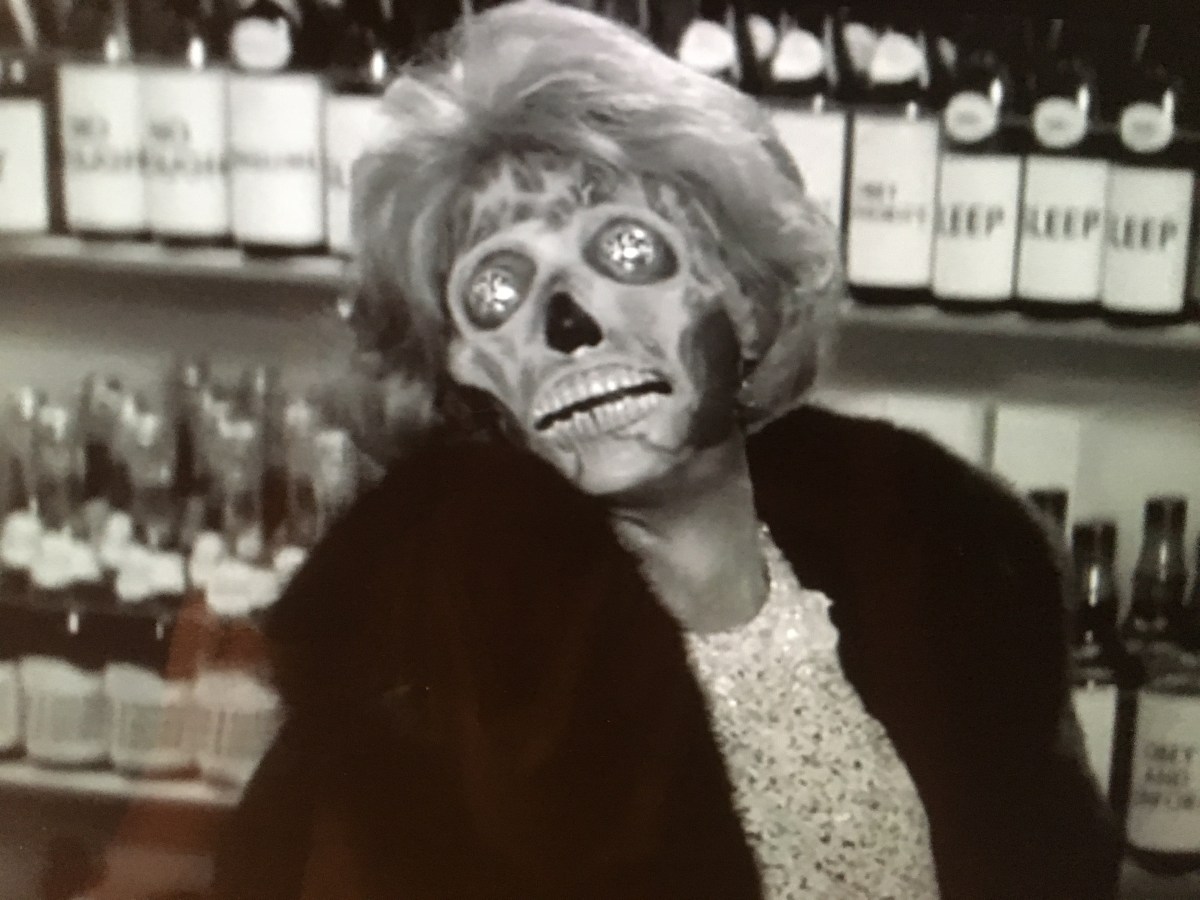(Hungary 2016)
Ferenc Török’s excellent 1945, which he says took over a decade to finish, doesn’t end up where it looks like it’s going. The story takes place on a hot summer Saturday in August 1945 during a transitional time in Hungary — after the Nazis surrendered but before the Soviets left.
Two men in black, one old (Iván Angelus) and the other young (Marcell Nagy), arrive at the train station of a small rural village. They have two large trunks in tote, which they are bringing into town. They walk in silence behind the wagon as the hired driver (Miklós B. Székely) and his son (György Somhegyi) lead the way.
The stationmaster (István Znamenák) alerts the town clerk, István Szentes (Péter Rudolf), who’s in the midst of preparations for his son’s (Bence Tasnádi) wedding. The two visitors are Orthodox Jews who survived the Holocaust. The villagers are thrown into a state of paranoia, fearing the purpose of this unwanted intrusion.
Based on Gábor T. Szántó’s short story “Homecoming,” Török effectively sets up the narrative using the construct of a Western: an ominous sky, strangers in black, and nervous lawmen and townsfolk all ready for a conflict to erupt.
The conflict in 1945, however, started long before this day: it started when the apparently all Catholic residents betrayed their only Jewish neighbor, the owner of the local drug store. István’s wife, Anna (Eszter Nagy-Kálózy), turned him in to the Nazis. István took over his store and moved his family into his house. Everyone, from the police to the village priest (Béla Gados), looked the other way.
Török shows the conflicted villagers struggling to rectify their personal gain with the dishonorable way they achieved it. Török’s pacing is perfect, unfolding slowly with an ever-increasing sense of unease and doom. It doesn’t hurt that the ensemble case is tops. Elemér Ragályi’s gorgeous black and white cinematography emulates the look of films from the 1930s and 1940s:




1945 is one of the more memorable films I caught at this year’s festival.
With Tamás Szabó Kimmel, Dóra Sztarenki, Ági Szirtes, József Szarvas, Sándor Terhes, Tünde Szalontay, Mari Nagy, János Derzsi, Tibor Mertz, Bálint Adorjáni, Vivianne Bánovits, Rita Kerkay, Zsolt Dér, Gergö Mikola, Máté Novkov
Production: Katapult Films
Distribution: Menemsha Films
Screening introduced and followed by a live Q and A with Ferenc Török
91 minutes
Not rated
(AMC River East) B+
Chicago International Film Festival
https://www.menemshafilms.com/1945




